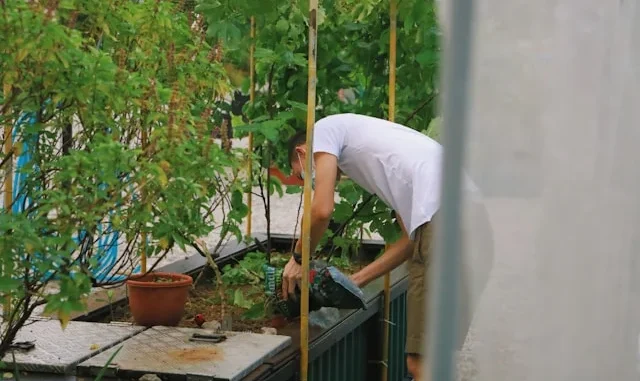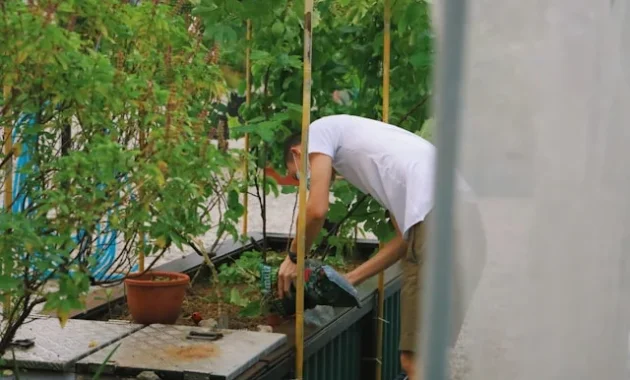
Urban farming, also known as urban agriculture, is a practice that involves growing, processing, and distributing food in urban environments. This sustainable practice has gained popularity in recent years as cities look for ways to become more self-sufficient and environmentally friendly. Urban farming offers a range of benefits, from providing fresh produce to reducing food miles and promoting community engagement.
Benefits of Urban Farming
One of the key benefits of urban farming is its positive impact on the environment. By growing food in cities, urban farmers can reduce the need for long-distance transportation, which helps to lower greenhouse gas emissions. Urban farming also promotes biodiversity and can help to reduce the urban heat island effect, leading to cooler and more sustainable cities.
Challenges of Urban Farming

Despite its many benefits, urban farming also faces several challenges. One of the biggest challenges is limited space, as many cities are densely populated and have little available land for farming. Additionally, urban farmers may struggle with access to water and the quality of soil in urban environments, which can impact the success of their crops.
Types of Urban Farming
There are several different types of urban farming, each with its own unique characteristics. Rooftop gardens, for example, are a popular form of urban farming that take advantage of unused rooftop space to grow food. Vertical farms use vertical space to grow crops indoors, often using hydroponic or aquaponic systems. Community gardens are another form of urban farming that allow community members to come together to grow food collectively.
Getting Started with Urban Farming
If you’re interested in starting an urban farm, there are several steps you can take to get started. First, research the rules and regulations regarding urban farming in your city to ensure you’re complying with any relevant laws. Next, consider the space you have available and what types of crops you’d like to grow. Finally, reach out to your community to see if there’s interest in starting a community garden or other urban farming project.
Success Stories of Urban Farming
There are many success stories of urban farming around the world. In Detroit, for example, urban farming has helped to revitalize vacant lots and provide fresh produce to residents. In Singapore, rooftop farms are helping to increase food security and reduce the city-state’s reliance on food imports. These success stories show the potential of urban farming to transform cities and improve the lives of residents.
Future of Urban Farming
The future of urban farming looks bright, with many cities around the world embracing this sustainable practice. As urban populations continue to grow, the need for sustainable food production in cities will become increasingly important. Urban farming has the potential to not only provide fresh produce to city residents but also to create green spaces, promote biodiversity, and strengthen communities.